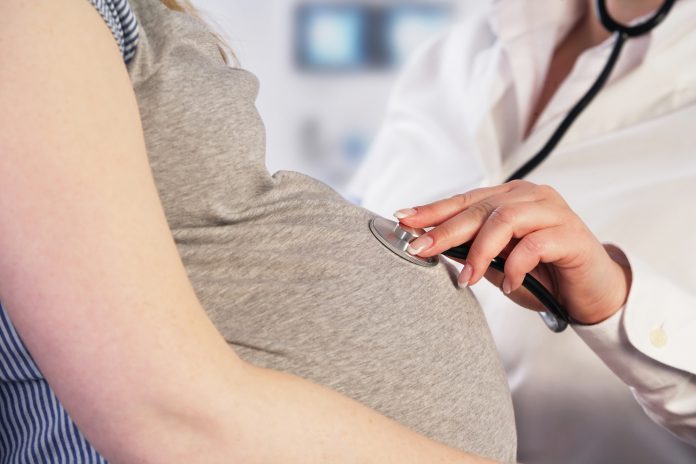New research published in the Australian and New Zealand Journal of Obstetrics and Gynaecology, which examines pregnancy and birth outcomes of women with various types of disabilities, including physical, cognitive, sensory and intellectual reveals the need for disabilities to be routinely ask about and recorded on patient maternity records to enable disability-aware care for women who need it throughout their pregnancy and birth.
Researchers from The Royal Women’s Hospital, in partnership with La Trobe University say this study adds to the global evidence base acknowledging that women with disability have higher rates of poor perinatal outcomes, including preterm births, low birthweight babies and admittances to Special Care and Neonatal Intensive Care Units, when compared with general maternity data.
“Around 9.5% of women of childbearing age have a disability, but disability status is not routinely recorded in maternity care, and this can cause a number of significant problems for these women and their babies,” says Midwife Cherise Smith, a member of the research team who runs the Women with Individual Needs (WIN) Clinic at the Women’s.
“By asking women if they have a disability and accurately entering their disability status into the medical record, clinical teams can share relevant information and partner with women to customise maternity care to meet their specific needs. It also helps identify existing co-morbidities that can impact their pregnancy.
“At the WIN clinic, we know that disability-aware care from both a social worker and a midwife is beneficial, ensuring that women with disability get to their antenatal appointments, have their needs understood and are able to care for their baby as independently as possible.”
According to Charlie Smithson, who led the research at La Trobe University says the benefits of routinely identifying these women within maternity services doesn’t stop at patient care.
“Identifying women with disabilities in maternity services on a national scale will allow us to further understand the potential links between disability and poorer perinatal outcomes,” she says.
“At this stage there’s a lot we have yet to learn about the effects of various disabilities on pregnancy and birth.
“We are continuing our research in this important area.
“The next phase of our research will enable us to understand how women like to be asked about disability status and also give us more insight into the existing identification processes in maternity services nation-wide.”
For more information and to read the research, visit: obgyn.onlinelibrary.wiley.com/doi/10.1111/ajo.13326









